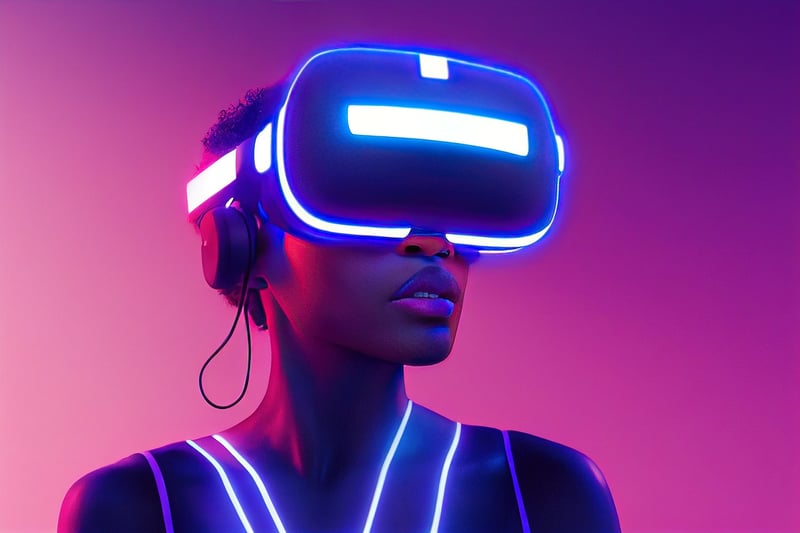Future Exploration
Exploring Different Eras and Future Exploration
A Glimpse into the Past
Throughout history, humans have always been fascinated by exploration. From the early days of seafaring journeys to the vast unknown lands to the space race that took us beyond our planet, exploration has been ingrained in our DNA.
The Age of Discovery
During the Age of Discovery in the 15th to 17th centuries, explorers like Christopher Columbus, Vasco da Gama, and Ferdinand Magellan set sail to chart new territories, establish trade routes, and expand empires.
The Space Age
In the 20th century, the Space Age dawned with the launch of Sputnik by the Soviet Union in 1957, marking the beginning of human exploration beyond Earth. The Apollo missions landed astronauts on the moon, showcasing the remarkable capabilities of human ingenuity.
Modern Exploration
Today, exploration takes on new forms. With advancements in technology, we can explore the depths of the ocean, the far reaches of space, and even the inner workings of the human body.
Ocean Exploration
Robotic submarines equipped with advanced sensors and cameras allow us to explore the deepest parts of the ocean, revealing new species and underwater landscapes that were previously hidden from view.
Space Exploration
Space agencies like NASA and private companies like SpaceX are pushing the boundaries of space exploration. From Mars rovers to plans for crewed missions to Mars, the next frontier beckons.
The Future of Exploration
As we look to the future, exploration will continue to evolve. New technologies such as AI, robotics, and virtual reality will enable us to explore places we never thought possible.
Virtual Reality Exploration
With virtual reality, we can immerse ourselves in simulated environments that replicate real-world locations or fantastical realms. This technology has the potential to revolutionize how we explore and learn about the world around us.
Interstellar Exploration
Projects like Breakthrough Starshot aim to send tiny spacecraft to nearby star systems at a fraction of the speed of light. This ambitious endeavor could open up new possibilities for interstellar exploration.
Conclusion
Exploration has been a driving force in human history, propelling us to new heights and depths. As we continue to push the boundaries of what is possible, the future of exploration holds endless possibilities and promises to unlock the mysteries of the universe.




